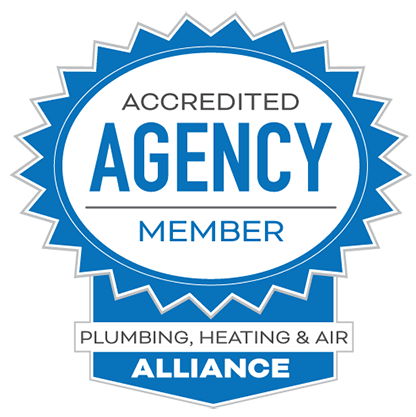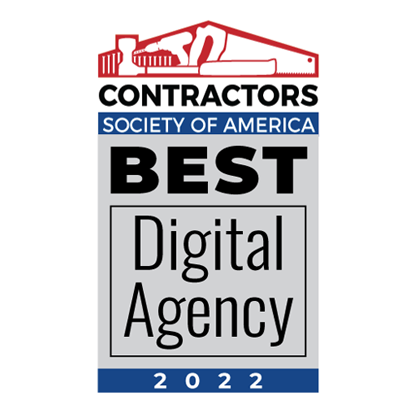Choosing a career in the HVAC industry presents various pros and cons. However, HVAC is an excellent career choice for contractors looking to earn a competitive salary and maintain a balanced lifestyle.
As the owner of HVAC Webmasters, a digital marketing agency for HVAC professionals, I’ve worked with thousands of contractors over the past decade-plus. My clients have spanned from brand-new companies to established franchises.
As a result, startup contractors come to me for advice about the pros and cons of an HVAC career.
Key Takeaway
HVAC technicians are unlikely to become obsolete in this AI-driven economy and era. Skilled HVACR technicians possess skillsets and judgments that automation cannot replace anytime soon.
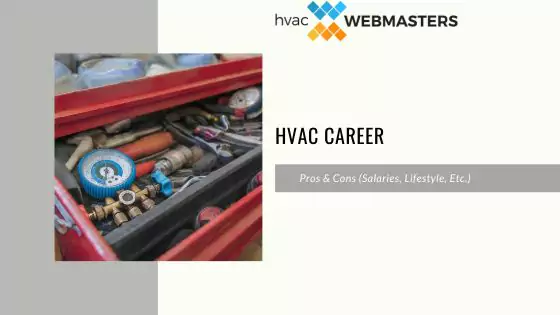
Pros and Cons of an HVAC Career
Diagnosing and fixing problems can be a rewarding experience. Driving four hours to find out the homeowner has a couch in front of their air vent is less compelling.
This balancing act of an HVAC career will offer a palette of pros and cons depending on the job.
Compare the Pros and Cons of HVAC careers below:
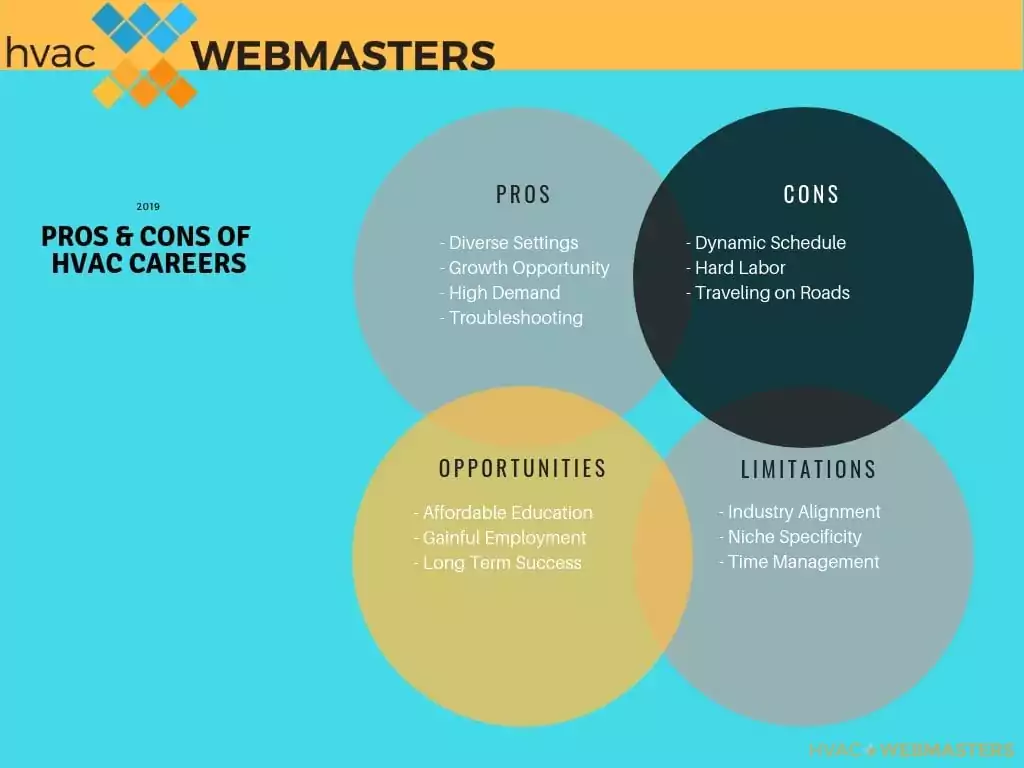
Pros
Opportunity
There’s a shortage of HVAC technicians throughout the country. The average age of an HVAC contractor is around 54, which highlights the opportunity for a younger generation to infiltrate the marketplace.
Several companies will even offer tuition reimbursement for individuals looking to jumpstart their careers.
Education
Another primary advantage of HVAC as a career is its educational path. Most jobs require a four-year degree of some sort to even get in the door.
College debt can create massive debt for students who are not guaranteed profitable employment and often work extra to pay off debt.
On-The-Job Experience
On-the-job experience is where you’ll hone your skills to the next level, which can be years in the making.
Still, if you can learn on the job, you’ll earn money while sharpening your skills and making yourself more marketable while transitioning to the next tier of HVAC business success.
Job Security
If you achieve your goal of becoming a skilled technician, the position’s long-term security is considerable compared to other industries like finance and technology.
Few people are as skilled in heating and cooling repair as in finance; you can go to school to change that.
Emerging Tech
The HVAC industry is evolving alongside the broader technology sector, which is appealing to younger people looking to enter the trade.
For example, smart thermostat integration, eco-friendly refrigerants, and green energy systems have all become topics within the heating and cooling industry.
These dynamics create a demand for younger technicians who understand modern technology and how it connects to HVAC systems.
Cons
The cons of becoming an HVAC technician are not unlike those of other service-type jobs. The physical exertion required to do the job is immense and something you must be prepared to handle.
Becoming a full-fledged heating and cooling expert also takes time, probably even longer than your education will last.
Hard Labor
While tradespeople often enjoy the grind of hands-on labor, the work itself is hard. It requires physical exertion, uncomfortable positioning, and getting your hands, in some cases, very dirty.
Road Travel
Depending on your company’s service areas, an HVAC career may require extensive driving or road travel throughout your work week.
For example, some HVAC companies service regions that span 6 hours of driving time, which may dissuade some from wanting to make a career in HVAC.
Dynamic Schedule
One downside of being an HVAC contractor is the unpredictable schedule. Depending on your position within a company, your schedule can vary significantly.
The HVAC industry is seasonal which concentrates heavy workloads during peak seasons (summer and winter). This dynamic schedule makes it hard to keep a routine.
Safety Hazards
HVAC technicians assume potential safety risks, including chemical exposure, respiratory illness, and electrical dangers.
Of course, companies and individuals can and should take precautions to decrease these risks. However, a career in HVAC is still more dangerous than the average job.
Ongoing Education and Licensing
Earning a single degree does not conclude yoru education in the HVAC sector and the higest earning professionals contiually educate themselvs and earn new licenses.
Sometimes, these are required based on a new safety standards or local regulations and other times they are pursued to increase income potenital.
HVAC Salary Expectations
When paired with the position’s high demand and long-term sustainability, it’s hard to find a financial reason to dissuade yourself from choosing HVAC as a career.
Check out some more context about the different salaries below.
Entry Level HVAC Technician
An entry-level HVAC service technician can earn upwards of $54,000 annually, a significant salary for such a position.
Not every HVAC employee is a service technician, however. Some start as rough-in installers or helpers, and other less profitable titles.
HVAC Technician
The average HVAC technician earns around $70,833 annually, although it varies by work location. Having multiple skill sets will likely increase this salary’s high-end range.
HVAC Business Owner
Meanwhile, HVAC company owners earn a salary of around $80,306 per year. However, the top earners make around $225,000 annually.
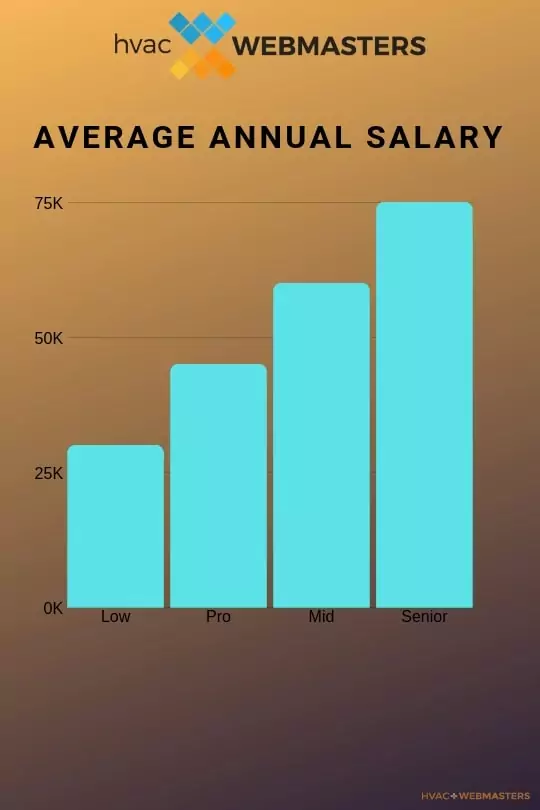
HVAC Industry Jobs
There are two ways to categorize jobs in the HVAC industry: by niche and by position. For example, residential HVAC services is a niche in which a senior-level technician is a position.
Everyone can strive for multiple types of niches and positions in their career. Some technicians even target multiple niches and rise through positional ranks rather quickly.
Meanwhile, it’s important to familiarize yourself with the names of the most common HVAC positions:
- HVAC Technician
- Engineer
- Estimator
- Fabricator
- Installer
- Pipefitter
- Refrigeration Technician
- Service Manager
- Sales Associate
The more niches you become an expert in, the more on-the-job experience is required, and the longer it will take to become a full-fledged expert within your field. Different jobs include:
Once you move through the ranks to professional, mid, and senior levels, different options within each will manifest themselves.
Everything from systems designer to team supervisor is on the table during your trajectory.
Expanding Your HVAC Career With Marketing
A comprehensive digital marketing campaign can benefit HVAC technicians who start their own businesses.
As the long-time owner of HVAC Webmasters, my expertise with growing businesses is based on 14+ years of hands-on experience.
I recommend that new HVAC businesses claim and optimize their Google Business Profiles and invest in a business website with SEO and DataPins.
If you would like to learn more about how marketing can influence the trajectory of your HVAC career, contact me to discuss your unique challenges.


